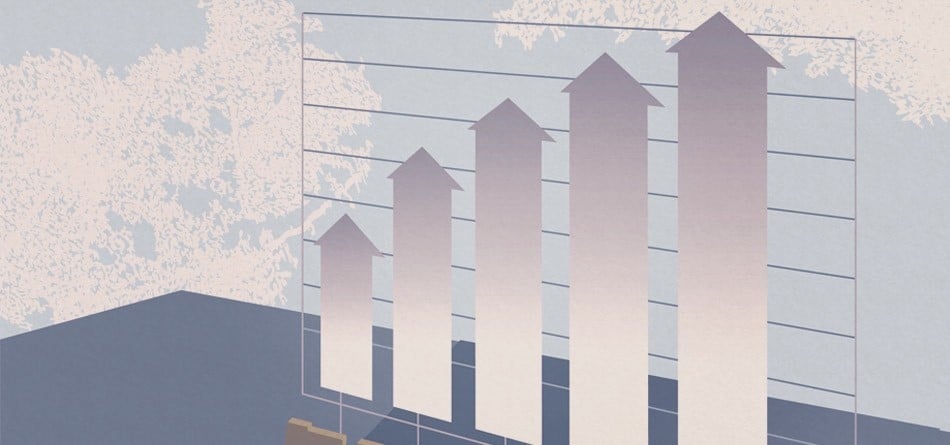ICMA published the 38th in its series of semi-annual surveys of the repo market in Europe, together with a report on market performance during the COVID-19 pandemic.
https://twitter.com/ICMAgroup/status/1252599331200405506
The survey measured outstandings in the European repo market on 11 December 2019 based on the returns of 58 financial institutions, recording the baseline figure for the size of the repo market as a record EUR 8,310.3 billion, compared with the total for June 2019, which was EUR 7,761.4 billion, an increase of 7.1% and a year on year rise of 5.9% (although the growth rates were smaller when adjusted for changes in the survey sample).
The survey records continued growth in the European repo market, together with the European Repo and Collateral Council's (ERCC) report on how the market coped with year-end pressures, suggesting that the market was continuing to adapt to the complex regulatory demands imposed over recent years and in particular the demand for collateral transformation to provide high quality liquid assets (HQLA) to meet regulatory ratios. But even pre COVID-19, the continuing reduction in the share of German government securities (which now account for less collateral than Italian and UK government securities) may be evidence of increasing collateral scarcity, some of which could reflect renewed bond purchases by the ECB.
The special COVID-19 market report reveals that while demand for repo subsequently increased significantly during the height of the crisis in February/March, dealers’ capacity to intermediate that demand was relatively constrained, limiting access to many firms that needed it. A smaller snapshot survey at the end of March 2020 suggests that while most larger banks did increase their balances during the crisis, many smaller banks tended to reduce their repo footprint, in some cases dramatically. The sample data points to an overall increase in outstandings of about 8% from the December 2019 survey, but a median adjustment of -4% across the sample.
Recent market disruption has also thrown out a number of technical and operational challenges, including collateral bottlenecks, increased settlement fails, and challenges managing intraday liquidity and collateral. It also highlights the dependence of market functioning on central bank intervention in times of stress.
Gareth Allen, Chair of the ERCC said: "In the exceptionally stressed conditions experienced in February and March this year the repo market continued to perform relatively well, while showing some signs of strain in the face of greatly increased client demand. The pre COVID-19 survey results will provide the benchmark against which the next survey, in June, can be used to measure the persistent impact of the pandemic on the market. We recommend continued vigilance in monitoring the market’s performance."
Source: ICMA














